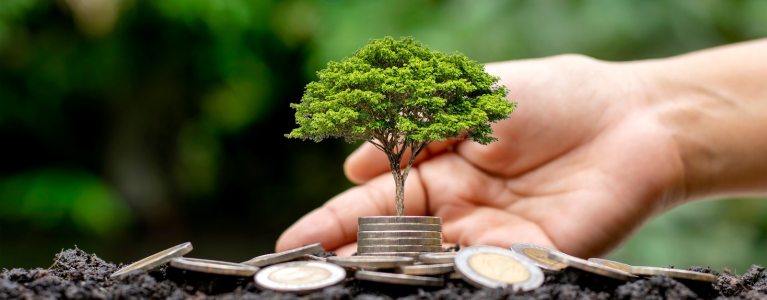
What do we mean by social and solidarity economy today? – Athenaeum
The ESS is a diverse reality, in constant transformation. More than a definition, it is a living practice. We review what elements characterize it today and what challenges it is in front of it.
When we talk about social and solidarity economics (ESS), we often think of cooperatives, foundations, associations or insertion companies. But the ESS goes far beyond a legal way: it is a way of doing economics by putting people, territory and respect for the environment at the center. It is a praxis that seeks to transform economic relations to make them more just, democratic and sustainable.
The values of ESS today
The social and solidarity economy is defined by its founding values:
- Internal democracy: Decisions are made collectively.
- Active participation: All the people involved have a voice.
- Commitment to the territory: The projects are thought from and for the communities.
- Social Justice: The positive impact is prioritized over the profit.
- Transparency and Good Governance: The information is accessible and clear.
- Environmental Sustainability: The projects take into account the planet.
These values, far from being symbolic statements, translate into everyday internships: fair remuneration, horizontality, people’s care, local economic cycles, etc.
An ESS diverse and in transformation
Today, the ESS sector embraces a wide variety of realities: from consumer cooperatives to agroecological projects, cooperative digital platforms, care initiatives, use housing, Étician banks or community culture projects. This diversity is a fortress, but it also involves the challenge of maintaining a common and cohesive story.
Many of these initiatives are born of the need to respond to the shortcomings of the conventional economic system. The success of the ESS is not only measured in turnover or growth, but in the capacity to generate community, autonomy and structural change.
Current Challenges of the ESS
- Climbing without losing the soul: How to make projects grow without betraying their values?
- Actual intercooperation: How to move from “We share values” to “We share resources, services, spaces and strategies”?
- Visibility: How to make more people know the ESS and consider it a real option?
- Alternative Financing: How to guarantee the sustainability of projects without exclusively dependent on subsidies?
- Generational relief: How to incorporate young people and new looks into existing organizations?
The ESS as a response to global challenges
In a context of climate crisis, increasing inequality and precarious work, the ESS is presented as a strategic and urgent alternative. Not as a solidarity appendix to the economic system, but as a global proposal to rethink how we produce, consume and relate.
From a feminist, ecological and community perspective, the ESS proposes to put life in the center. And do it from the specific action: in schools, in the neighborhoods, in the markets, in cooperatives and at work.
And in the Baix Llobregat?
The territory is alive. In the Baix Llobregat there are dozens of ESS projects that work every day to make this other way of making economics a reality. From work cooperatives to sectoral intercooperation projects, through care spaces, community action, culture and housing.
From the Ateneu Cooperativa we help to strengthen this ecosystem, offering support, visibility and connections between projects. Because we believe that ESS is not the future: it is the present, and it is urgent.
Do you want to promote a social and solidarity economy project? At the Ateneu Cooperativa del Baix Llobregat we can help you make it a reality.











